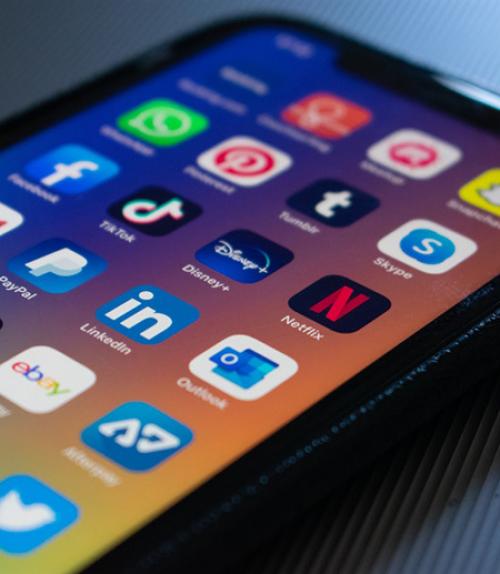On Tuesday, China announced a global data security initiative that aims to safeguard global data and promote more cooperation between countries in the way digital data is handled.
Sarah Kreps is a professor of government at Cornell and an expert in the intersection of international politics, technology, and national security. She says that the move is unlikely to offer a viable alternative for global data security:
“China is clearly trying to allay concerns about its digital hygiene. The initiative follows a series of steps the U.S. has taken to cajole allies into disavowing Huawei, force the sale of Tiktok, and demand that a Chinese tech company sell the popular dating app Grindr, all in the name of national security. It is also implicitly an alternative to the U.S. Clean Network initiative that has assembled a coalition of countries and companies to guard against ‘authoritarian malign actors’ online.
“The Chinese initiative purports to conduct data security in ‘an evidence-based manner,’ and maintain transparency about its information technology protocols. It sounds good in principle but is problematic and potentially evasive in practice. What evidence could they provide that would be dispositive, or confirm without a shadow of a doubt that they are not installing backdoors in their products to obtain user data? Or that they would not transfer user data to the government? The absence of evidence that they are doing just that would certainly not be evidence of its absence. It could just be evidence of their tech savvy.
“So, while trying to signal the right tone for digital governance, the initiative is wholly aspirational. It is unlikely to offer a convincing alternative to the U.S. Clean Network nor suddenly align U.S. national security interests with a Chinese-owned TikTok.”
Rebecca Slayton, associate professor of science and technologies studies at Cornell University with a focus on international security and cooperation, says:
“At a glance, I am skeptical that this will have much impact outside China (or even inside). It appears that China is calling on other nations to oppose ‘mass surveillance against other states.’ which is likely a thinly-veiled criticism of well-known U.S. surveillance programs.
“China is perfectly willing to conduct surveillance on its own people, however—particularly ethnic minorities—and I doubt that its intelligence agencies would forego opportunities to surveil individuals in other countries if they thought it would be useful. Arguably, Chinese disinformation campaigns (e.g. about COVID-19) already leverage the implicit surveillance system embedded in social media networks like Facebook and Twitter.
“China also looks like it will be calling on companies not to install backdoors, but most companies already have a much stronger incentive not to do that—they would lose international market share if they were ever found to have done this. This statement also seems primarily aimed at public relations, particularly at a time when much of the world is concerned about backdoors or other untrustworthy aspects of products from Chinese telecommunications companies like Huawei and ZTE. Ironically, China is trying to reduce its dependence on Western IT products (just as the U.S. has been trying to reduce dependence on Chinese IT products), which is likely to erode any market power that China might have to establish standards.”
For media inquiries, contact Linda Glaser, news & media relations manager, lbg37@cornell.edu, 607-255-8942





